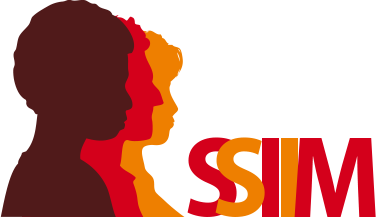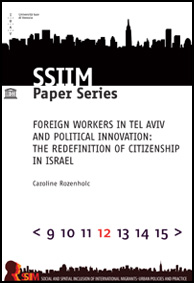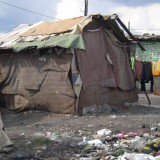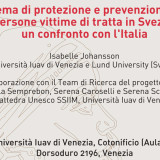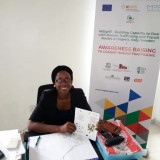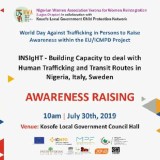SSIIM Paper Series Vol. 12
Foreign workers in Tel Aviv and political innovation: the redefinition of citizenship in Israel
by Caroline Rozenholc
Scientific research and daily urban experience show that globalisation increases mobility and contributes to the circulation of norms and life-styles across the globe. Yet, it also frames the diversification of socio-spatial belongings and the reinforcement of territorial claims. In this context of identity reconfigurations, Israel and more over Tel Aviv offer a fruitful but neglected field of research. Three main reasons explain the difficulty to consider Tel Aviv a legitimate fieldwork for exploring social and geopolitical issues. First, the city is mostly perceived, inside and outside of Israel, as a global and prosperous “bubble” oblivious of the geopolitical context. Second, the Israeli-Palestinian conflict remains unsolved and most social scientists focus on conflict zones and situations. Last but not least, “methodological nationalism”, if we refer to U. Beck’s work (2002), and State categories prevail in the Israeli social sciences research. Nonetheless, this article shall demonstrate that Tel Aviv offers a valuable vantage point for capturing transformative processes taking place in the Israeli society. It will do so by focusing on the presence of migrant workers in Tel Aviv and the impact they have had on citizenship. The way Tel Aviv’s municipality addressed the issue of migrant workers shows a growing disjunction between local municipal policies and governmental national policies: by integrating work migrants as full-fledge residents of Tel Aviv, the municipality started building a narrative that occasional overcame governmental discourses and practices and pushed the Parliament to make an historical step and grant resident status to children born in Israel to foreign parents.
